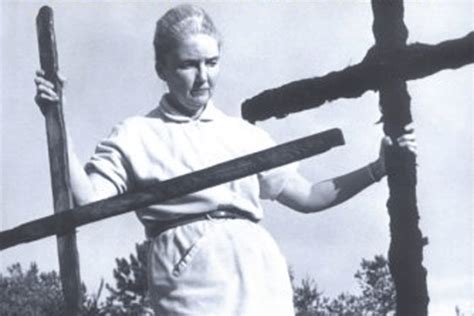A Quote by Albert Einstein
...and knowledge is one of the finest attributes of man - though often it is most loudly voiced by those who strive for it the least.
Related Quotes
Though we travel the world over to find the beautiful, we must carry it with us, or we find it not. The best of beauty is a finer charm than skill in surfaces, in outlines, or rules of art can ever teach, namely, a radiation from the work of art of human character, — a wonderful expression through stone, or canvas, or musical sound, of the deepest and simplest attributes of our nature, and therefore most intelligible at last to those souls which have these attributes.
There is no part of the administration of government that requires extensive information and a thorough knowledge of the principles of political economy, so much as the business of taxation. The man who understands those principles best will be least likely to resort to oppressive expedients, or sacrifice any particular class of citizens to the procurement of revenue. It might be demonstrated that the most productive system of finance will always be the least burdensome.
It often appears that those who talk the most about going to heaven when you die talk the least about bringing heaven to earth right now, as Jesus taught us to pray: 'Your will be done on earth as it is in heaven.' At the same time, it often appears that those who talk the most about relieving suffering now talk the least about heaven when we die.
According to the technical language of old writers, a thing and its qualities are described as subject and attributes; and thus a man's faculties and acts are attributes of which he is the subject. The mind is the subject in which ideas inhere. Moreover, the man's faculties and acts are employed upon external objects; and from objects all his sensations arise. Hence the part of a man's knowledge which belongs to his own mind, is subjective: that which flows in upon him from the world external to him, is objective.





































